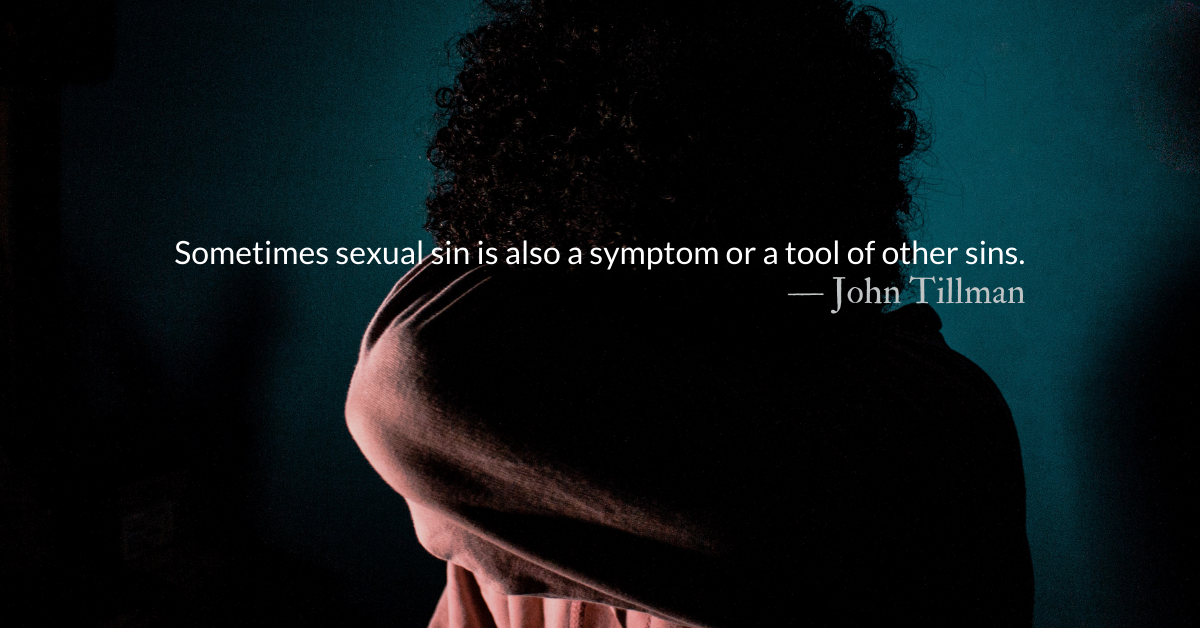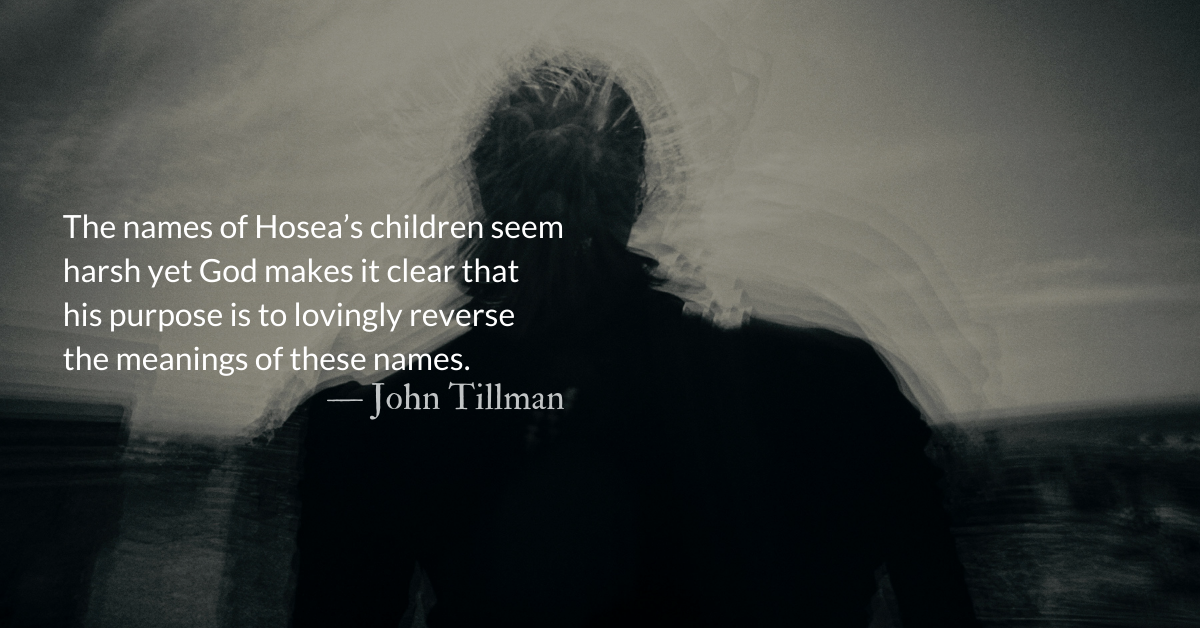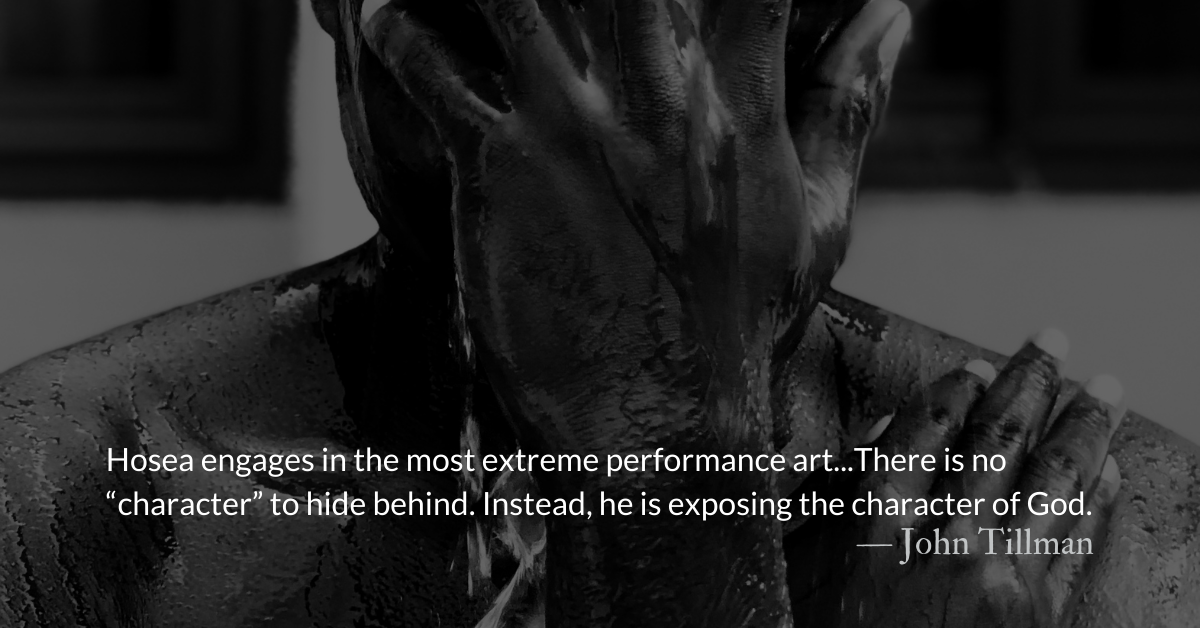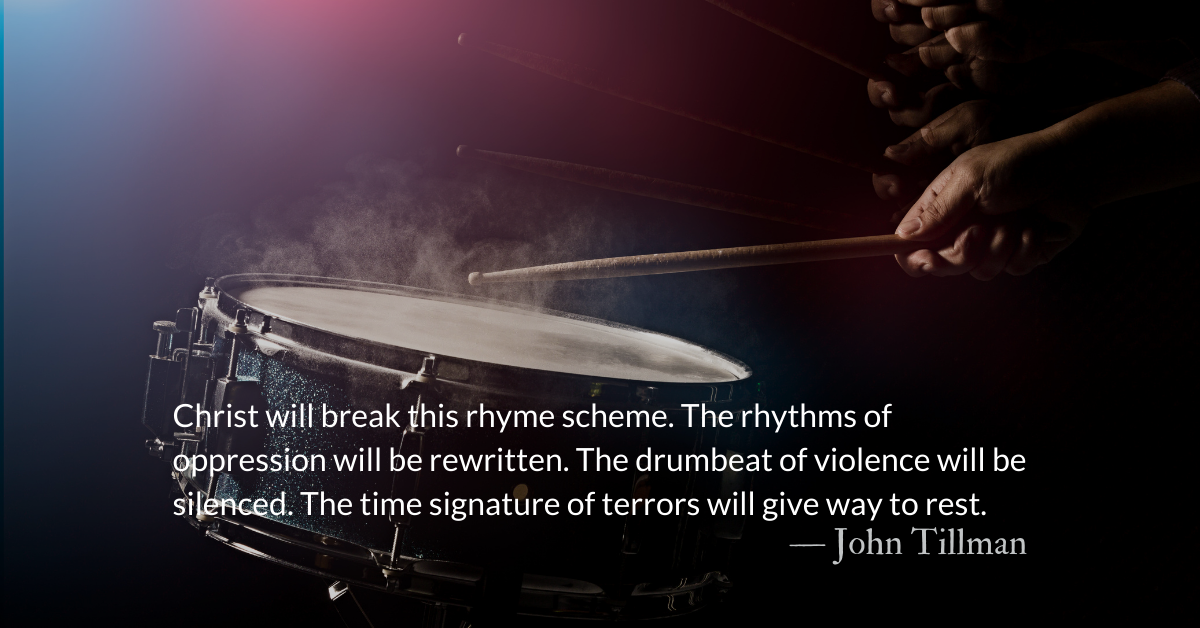Scripture Focus: Hosea 4.1-3
1 Hear the word of the Lord, you Israelites,
because the Lord has a charge to bring
against you who live in the land:
“There is no faithfulness, no love,
no acknowledgment of God in the land.
2 There is only cursing,[c] lying and murder,
stealing and adultery;
they break all bounds,
and bloodshed follows bloodshed.
3 Because of this the land dries up,
and all who live in it waste away;
the beasts of the field, the birds in the sky
and the fish in the sea are swept away.
Reflection: The Sins Behind Sexual Sins
By John Tillman
Gomer’s sexual sins of prostitution and adultery were not just an analogy for idolatry. The people of God were metaphorically and literally committing adultery and participating in prostitution as part of worshiping Ba’al. However, idolatry doesn’t have to involve sexual sin to cause similar damage.
When we read about sexual sins in the Bible, we need to take care not to automatically think of sexual sin as the only sin involved. Sometimes sexual sin is also a symptom or a tool of other sins.
The entire point of worshiping a fertility god or goddess in an agrarian economy is financial blessing. The sin behind the sexual sin was a desire to manipulate the economy. The blessing to be expected from Ba’al was a higher ROI.
Sex to gain power is a sin of lust, but it is a lust for power not for flesh. Sex in exchange for money or influence, likewise, is a sinful means to a sinful end. Sex to display power, such as rape or sexual harrasment and abuse, is a sin of domination and control.
People commit today the exact same kind of sins as the Israelites who worshiped Ba’al in pursuit of better crops. When we are willing to kiss any ring, shake any hand, or endorse any person in order to gain power, get elected, make a deal, cut out a competitor, or monopolize an earning opportunity we are prostituting ourselves in lust whether or not there is sex involved. The Israelites attributed their profits and success to their efforts in worshiping Ba’al. We attribute our success to our “pulling ourselves up by our bootstraps.” It is the same sin of idolatry with a different object.
Many times sexual sins are a symptom of other sins such as greed, selfishness, inequality, and oppression. Prostitution, adultery and other sexual sins rise with poverty rates because the sins of greed and oppression create the circumstances under which women resort to prostitution and men seek dominance and control.
May we confess and weep over all our lusts, not just lusts of the flesh.
May we weep for our greed.
May we cry to be delivered from selfishness.
May we ache for healing for our addiction to power.
May we humble ourselves in repentance from our pride.
And, yes, may we turn in faithfulness toward a biblical sexual ethic that divorces sex from the abuses of sin.
Divine Hours Prayer: The Greeting
For you Name’s sake, O Lord, forgive my sin, for it is great. — Psalm 25.10
– Divine Hours prayers from The Divine Hours: Prayers for Autumn and Wintertime by Phyllis Tickle
Today’s Readings
Hosea 3-4 (Listen – 3:53)
Psalm 119:121-144 (Listen – 15:14)
This Weekend’s Readings
Hosea 5-6 (Listen – 3:44), Psalm 119:145-176 (Listen – 15:14)
Hosea 7 (Listen – 2:19), Psalm 120-122 (Listen – 2:12)
Read more about Lamenting Materialism :: A Guided Prayer
Today, Ba’al wouldn’t be a rain god, he’d be Gordon Gekko. Or Bernie Madoff. Or Jordan Belafort.
Read more about Prayers God Hates
The sin at the top of God’s list isn’t adultery or any sexual sin…it is systemic oppression of the most vulnerable members of society.











